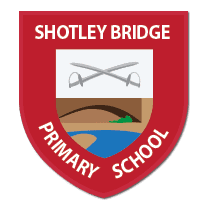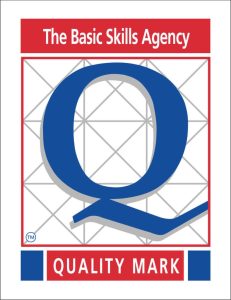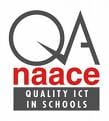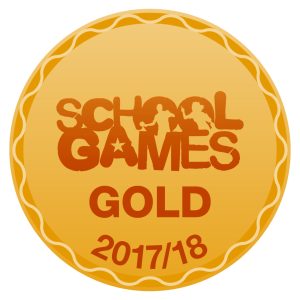Phonics:
At Shotely Bridge Primary School, we believe that all our children can become fluent readers and writers. This is why we teach reading through Little Wandle Letters and Sounds Revised, which is a DfE approved systematic synthetic phonics programme. We start teaching phonics in Reception and follow the Little Wandle Letters and Sounds Revised progression, which ensures children build on their growing knowledge of the alphabetic code, mastering phonics to read and spell as they move through school.
Phonics is taught daily for children working at Phases 1 – 5, and from Phase 2, these children have an additional 3 reading practice sessions per week, to help build fluency in decoding. The books the children read will be part of the Big Cats for Little Wandle scheme and will be fully decodable, including only the sounds that the children have learned. These books will also be sent home and returned to school daily.
All teaching staff, teaching assistants and senior leaders at Shotley Bridge Primary School have been fully trained in the delivery of Little Wandle Letters and Sounds Revised.
Early Reading:
Reading is a vital life skill that supports children’s learning across the whole curriculum. We strive to ensure that the children are taught to read with fluency, accuracy and understanding. We immerse children in quality texts with the aim to instil a love of reading and promote lifelong readers.
Whilst learning phonics, each child will be taught to read in a small group led by a trained teacher or teaching assistant three times a week. During each session, the children will read the same book three times focussing on a different focus each session. Teachers use assessment to match each child to the correct book so that each child is reading at the right level, matched to the phonics they are secure in. In the first of the weekly sessions, the reading focus will be decoding. The second session will focus on developing prosody (reading with expression). The final session will focus on comprehension.
Whole Class Reading:
Once the children are secure in their phonics and are fluent readers, the children will begin to be taught in whole reading lessons for 30 minutes each day. Within these sessions, teachers model reading strategies during shared whole class reading sessions. These involve high quality, age-appropriate texts which are carefully selected by our staff. These are read to or with the children and provide an opportunity to teach children specific reading skills to widen their vocabulary and develop their levels of comprehension, as outlined in the National Curriculum. Questions and activities are planned by teachers in advance to help children access a range of skills to help them to develop a greater understanding of a range of reading materials including fiction, non-fiction and poetry materials.
In our reading lessons, we use reading VIPERS to help support our pupils to understand what a good reader looks like and how to approach answering reading questions.
VIPERS is an acronym which stands for:
Vocabulary
Infer
Predict
Explain
Retrieve
Sequence (KS1) or Summarise (KS2).
All children work on VIPERS during class reading whether this is reading as a class, in a small group or one to one with an adult. We encourage children to orally talk through their answers before formally recording their answers. Children do this in a variety of ways such as discussing the answer first with their peers and/or an adult and then writing their best answer.
Reading for Pleasure:
At Shotley Bridge Primary School, we are continuing our drive to encourage more children to read for pleasure. Research shows a positive link between reading frequency and enjoyment and educational attainment. Furthermore, reading for pleasure has positive emotional and social benefits, improves text comprehension and grammar skills and increases general knowledge. We have many initiatives that will be taking place in school over this academic year to encourage reading for pleasure.
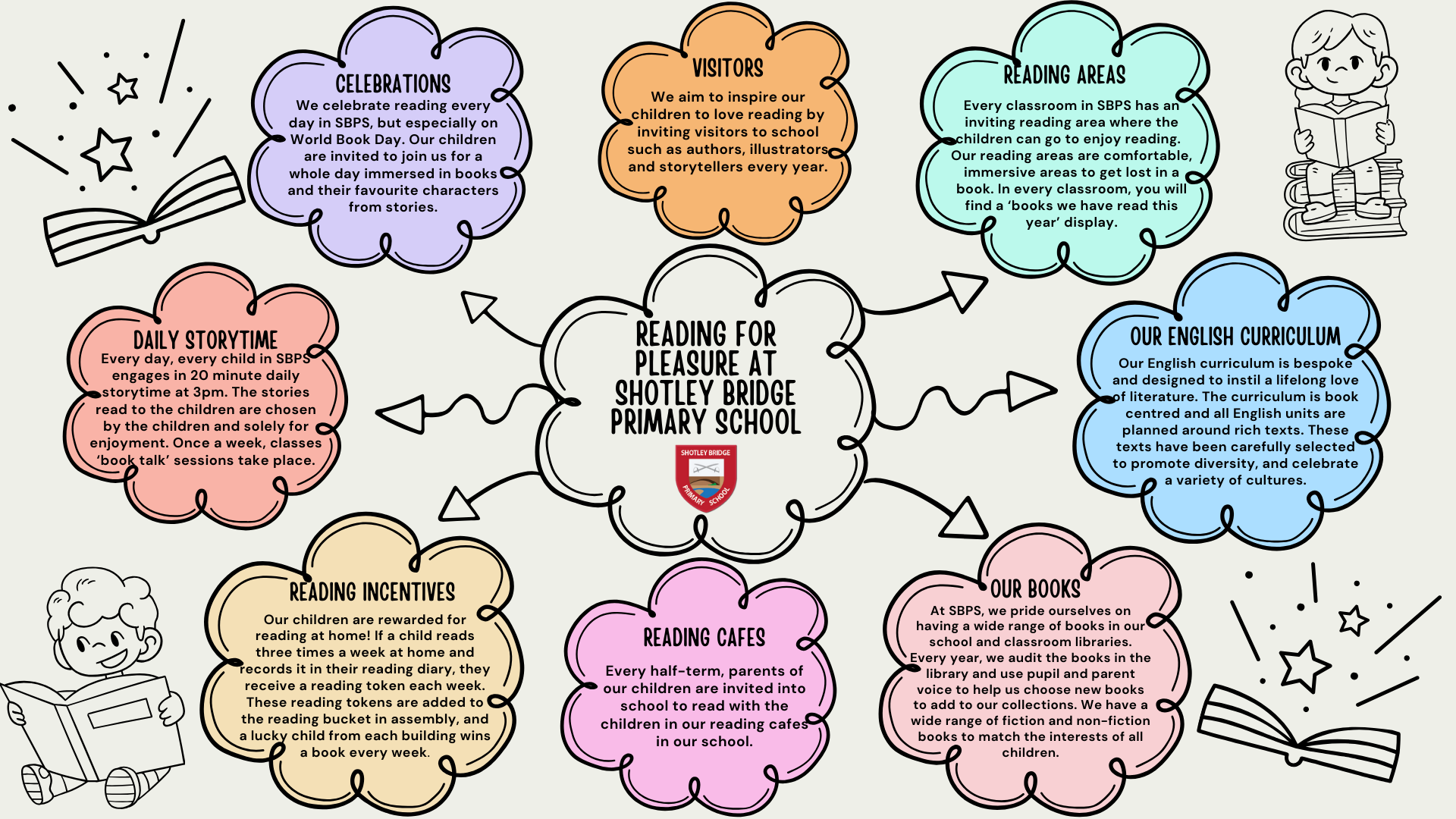
Reading Supporting Documents:
